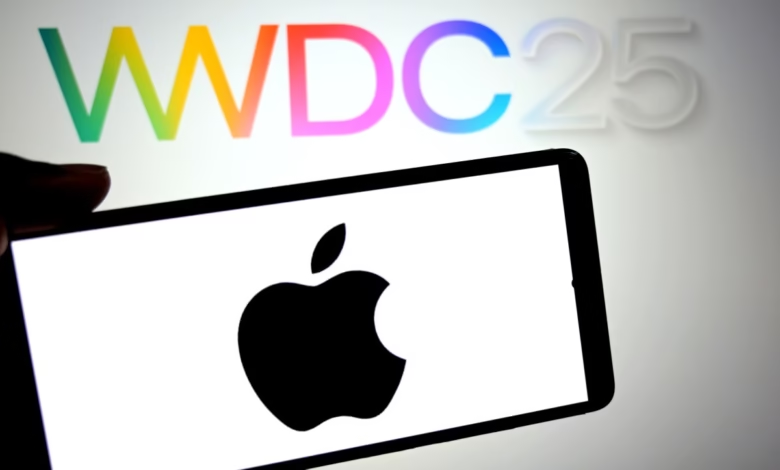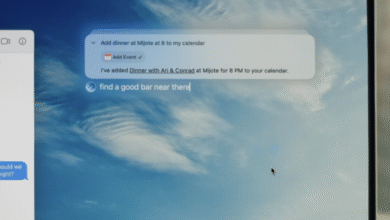WWDC 2025: Apple’s Biggest Sherlocked Features Revealed

▼ Summary
– Apple introduced new features at WWDC 2025 that replicate functionalities of third-party apps, a practice known as “Sherlocking.”
– The term “Sherlocking” originated when Apple’s Sherlock 3 copied features from Karelia Software’s Watson, leading to Watson’s shutdown.
– Apple’s new Spotlight on macOS mimics Raycast by offering app suggestions, shortcuts, and actions like calendar events or GIF creation.
– iOS 26 updates include flight tracking via Wallet and call screening, features previously offered by apps like Flighty and Robokiller.
– While Apple’s built-in features often overshadow third-party apps, some developers continue to thrive by offering more specialized or customizable experiences.
Apple’s WWDC 2025 unveiled sweeping updates across its operating systems, introducing features that mirror functionality previously offered by third-party apps, a practice known as “Sherlocking.” This term traces back to the late ’90s when Apple’s Sherlock search tool replicated capabilities from Karelia Software’s Watson, ultimately rendering the latter obsolete. Fast forward to today, and history repeats itself as Apple integrates popular app features directly into its ecosystem.
The revamped Spotlight search on macOS now rivals apps like Raycast and Launch Bar. While Raycast offers advanced developer tools, Apple’s Spotlight now suggests apps, files, and shortcuts while introducing “Actions”, allowing users to create calendar events, generate GIFs, or organize folders with simple commands. Spotlight also taps into the Intents API, letting developers integrate app-specific actions. Though Raycast expanded to Windows and iOS with AI enhancements, Apple’s native solution could reshape how users interact with their Macs.
Flight tracking via Live Activities takes aim at apps like Flighty. Apple’s Wallet app now displays flight statuses and shares updates through Live Activities, while Maps provides airport navigation details like gate locations and dining options. Flighty, an Apple Design Award winner, already offers similar features, but Apple’s seamless integration might sway users toward its built-in tools.
Xcode 26’s AI integration challenges third-party coding assistants like Alex for Xcode. By making ChatGPT the default assistant and supporting other AI models via APIs, Apple targets developers who rely on tools like Alex for code fixes, terminal commands, and local model usage. While Alex boasts a robust feature set, Apple’s native AI support could streamline workflows for many coders.
Podcast creators gain a new Local Capture feature on iPad, competing with Riverside. Apple’s solution lets users record videos during calls and share them, though it remains unclear how its editing capabilities stack up against Riverside’s professional-grade suite. For casual creators, this might reduce reliance on third-party apps.
Notes finally arrives on Apple Watch with WatchOS 26, overshadowing niche note-taking apps. This long-awaited addition eliminates the need for third-party alternatives, though specialized apps may still cater to power users with unique requirements.
Call screening in iOS 26 mirrors Robokiller and Truecaller. Apple’s Call Assist silently handles unknown calls, displaying caller details and letting users respond via text. While Robokiller and Truecaller offer additional spam protection, Apple’s built-in solution could appeal to those seeking simplicity.
Wallet’s new parcel tracking feature disrupts standalone package-tracking apps. Leveraging Apple Intelligence, it scans merchant emails to summarize delivery statuses, a convenience that might render dedicated tracking apps redundant for many users.
Looking ahead, Apple’s habit of Sherlocking poses challenges for niche apps. However, history shows that third-party developers often innovate beyond Apple’s implementations, offering deeper customization. Apps like Bezel and Unite have rebounded with enhanced features, proving there’s still room for specialized tools in Apple’s ecosystem. For now, developers must adapt or risk being sidelined by the tech giant’s relentless integration strategy.
(Source: TechCrunch)

